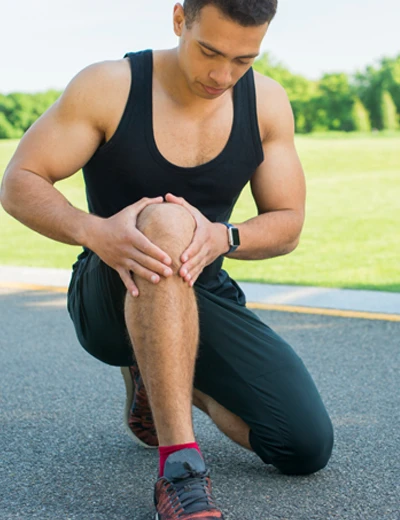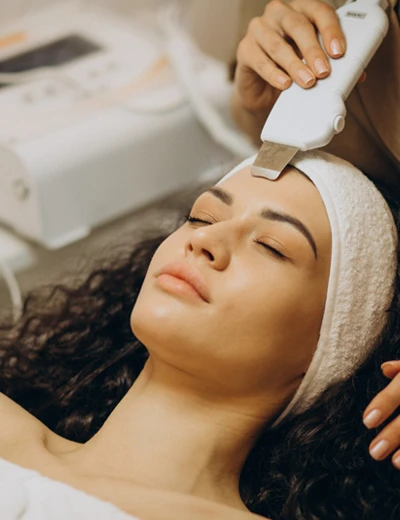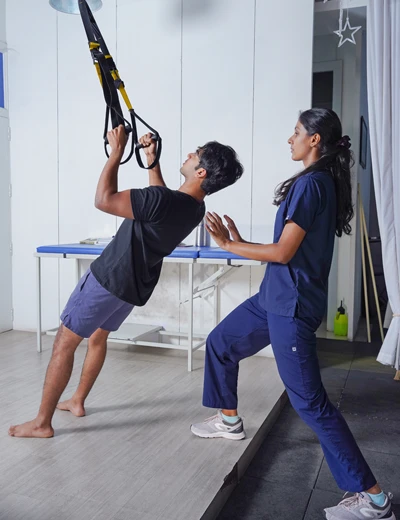
Understanding Urinary Incontinence
Urinary incontinence, often known as the involuntary release of urine, can impact daily life through seemingly routine activities like coughing, sneezing, jogging, or even laughter. Occasionally, it may surface temporarily due to a urinary tract infection or specific medications. This condition manifests in three primary types: stress incontinence, urge incontinence, and overflow incontinence.
Stress Incontinence
If you find yourself leaking a small to medium amount of urine during activities such as coughing, sneezing, laughing, or exercise, you may be experiencing stress incontinence. This occurs when weakened pelvic floor muscles struggle to keep the urethra entirely closed, leading to minor urine leakage with sudden pressure on the bladder.
Urge Incontinence
More challenging for sufferers, urge incontinence involves premature contractions of a full bladder, often making it difficult to reach a toilet in time. This type is commonly associated with causes such as cystitis, central nervous system issues, or an enlarged prostate.
Overflow Incontinence
In cases of overflow incontinence, a blockage prevents the complete emptying of the bladder, resulting in leakages. Obstructions, like an enlarged prostate, urinary stones, or constipation, contribute to this type of incontinence.
How can we help?
Dealing with bladder problems, especially conditions like urinary incontinence, can be distressing and socially disruptive. Often, individuals shy away from seeking treatment due to feelings of embarrassment. However, it’s crucial to recognize that urinary incontinence is a common and highly treatable condition.
Regardless of age or gender, urinary incontinence can impact anyone at any stage of life. We understand the significance of addressing this condition effectively. Our approach is designed to not only treat urinary incontinence but also to create an environment where individuals feel supported and understood. We believe in breaking the stigma surrounding bladder health issues and encouraging individuals to seek the care they deserve.
What can you expect?
Pelvic Floor Exercises
Utilizing techniques like Kegel exercises to strengthen and tone weakened pelvic floor muscles gradually.Electrical or Muscle Stimulation
In cases where performing exercises is challenging, physiotherapists may recommend electrical or muscle stimulation to aid muscle strength development.
Wondering when Pelvic Floor therapy can help you?
Whether your pelvic floor muscles are tight, weak, or causing discomfort, our specialized therapy can help. It’s not just about aging; issues may arise from pregnancy, childbirth, or even among young athletes. Maintaining a healthy pelvic floor is essential for everyone, regardless of age or gender. Our Pelvic Health or Women’s Health physiotherapy has shown efficacy in addressing and preventing various conditions.
Services
We are here for YOU!
What Our Clients Says
 nithya karthika2024-08-20Dr. Vandana has a thorough knowledge and experience about how to address pain points and she does not give up until she sees results.. thank you dr.vandana
nithya karthika2024-08-20Dr. Vandana has a thorough knowledge and experience about how to address pain points and she does not give up until she sees results.. thank you dr.vandana Poornima R2024-07-27Treatment was good and effective. People are Very kind and caring.
Poornima R2024-07-27Treatment was good and effective. People are Very kind and caring. Yasree Chantheraraaj2024-07-27I recently visited Mobiphysio for back and neck pain, initially skeptical about the benefits of physiotherapy. However, their approach quickly changed my perspective. Ms. Vandana's expertise and her team's compassionate care, led to significant improvements in my health. I am very happy with the progress and would highly recommend this clinic to anyone seeking effective and caring physiotherapy
Yasree Chantheraraaj2024-07-27I recently visited Mobiphysio for back and neck pain, initially skeptical about the benefits of physiotherapy. However, their approach quickly changed my perspective. Ms. Vandana's expertise and her team's compassionate care, led to significant improvements in my health. I am very happy with the progress and would highly recommend this clinic to anyone seeking effective and caring physiotherapy ramaraj ayyavugowderbep2024-07-26I came with shoulder injury after pulling heavy object.i was referred here for evaluation and treatment.i was not able to lift my arms , it was painful. Now iam much better with treatment.thank you to mobiphysio
ramaraj ayyavugowderbep2024-07-26I came with shoulder injury after pulling heavy object.i was referred here for evaluation and treatment.i was not able to lift my arms , it was painful. Now iam much better with treatment.thank you to mobiphysio Muthu lakshmi2024-07-10Ten years ago, I slipped from the stairs and hurt my shoulder blade. For the past two years, I suffered from severe neck pain due to this injury. I decided to visit Mobi physiotherapy, and I'm thrilled to say that all my problems have been resolved. The treatment was effective, and the staff's was very kind and care taking. I highly recommend Mobi Physiotherapy.
Muthu lakshmi2024-07-10Ten years ago, I slipped from the stairs and hurt my shoulder blade. For the past two years, I suffered from severe neck pain due to this injury. I decided to visit Mobi physiotherapy, and I'm thrilled to say that all my problems have been resolved. The treatment was effective, and the staff's was very kind and care taking. I highly recommend Mobi Physiotherapy. vinodh Kumar2024-07-08Good place to address your pains. Came here with neck pain which I had forgotten years but after taking their regular treatments and exercise routines I got relieved from it in 4 months. Thanks to Mobiphysio and my therapist Ram
vinodh Kumar2024-07-08Good place to address your pains. Came here with neck pain which I had forgotten years but after taking their regular treatments and exercise routines I got relieved from it in 4 months. Thanks to Mobiphysio and my therapist Ram K. sarneesh2024-06-23It is very useful for over game
K. sarneesh2024-06-23It is very useful for over game





